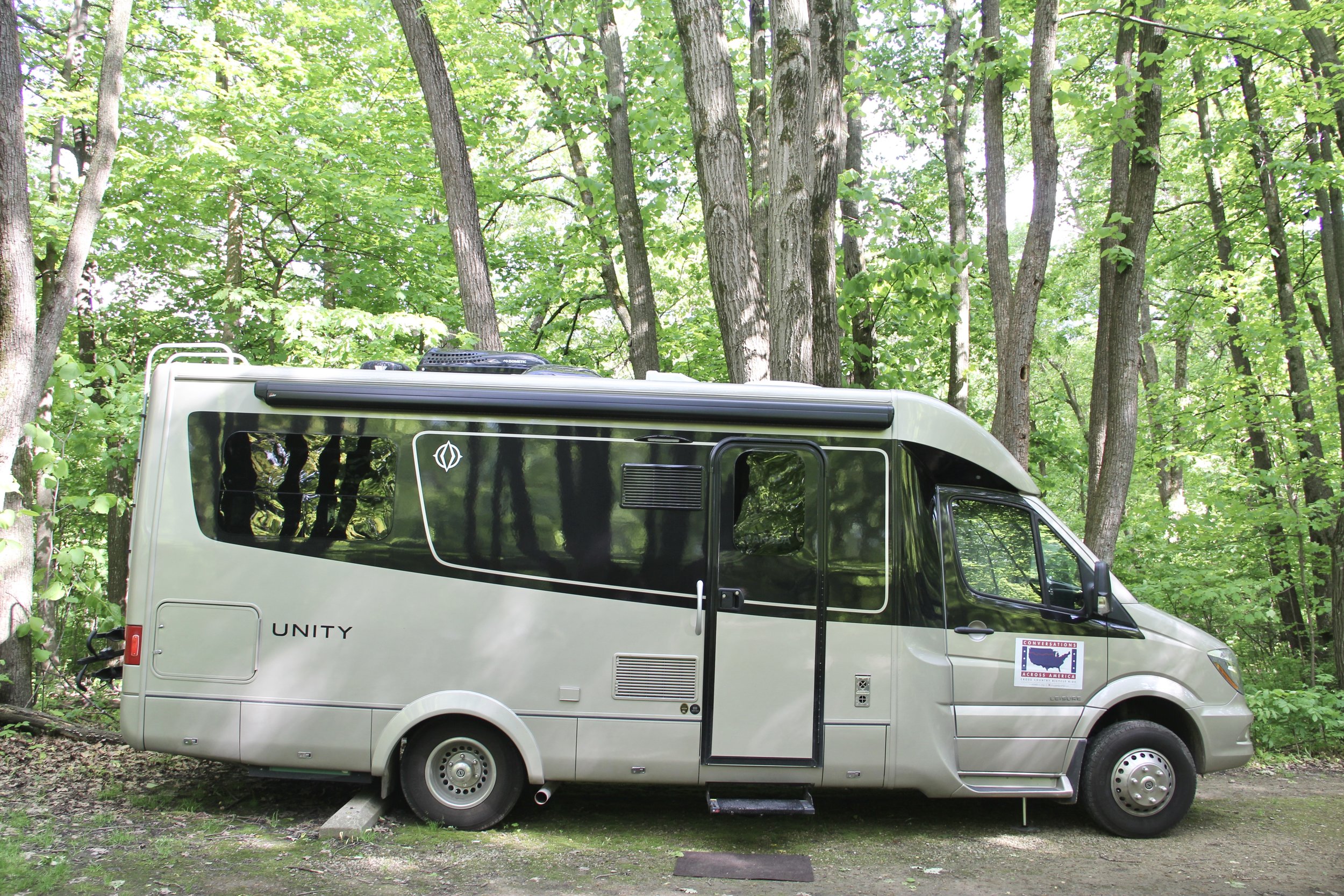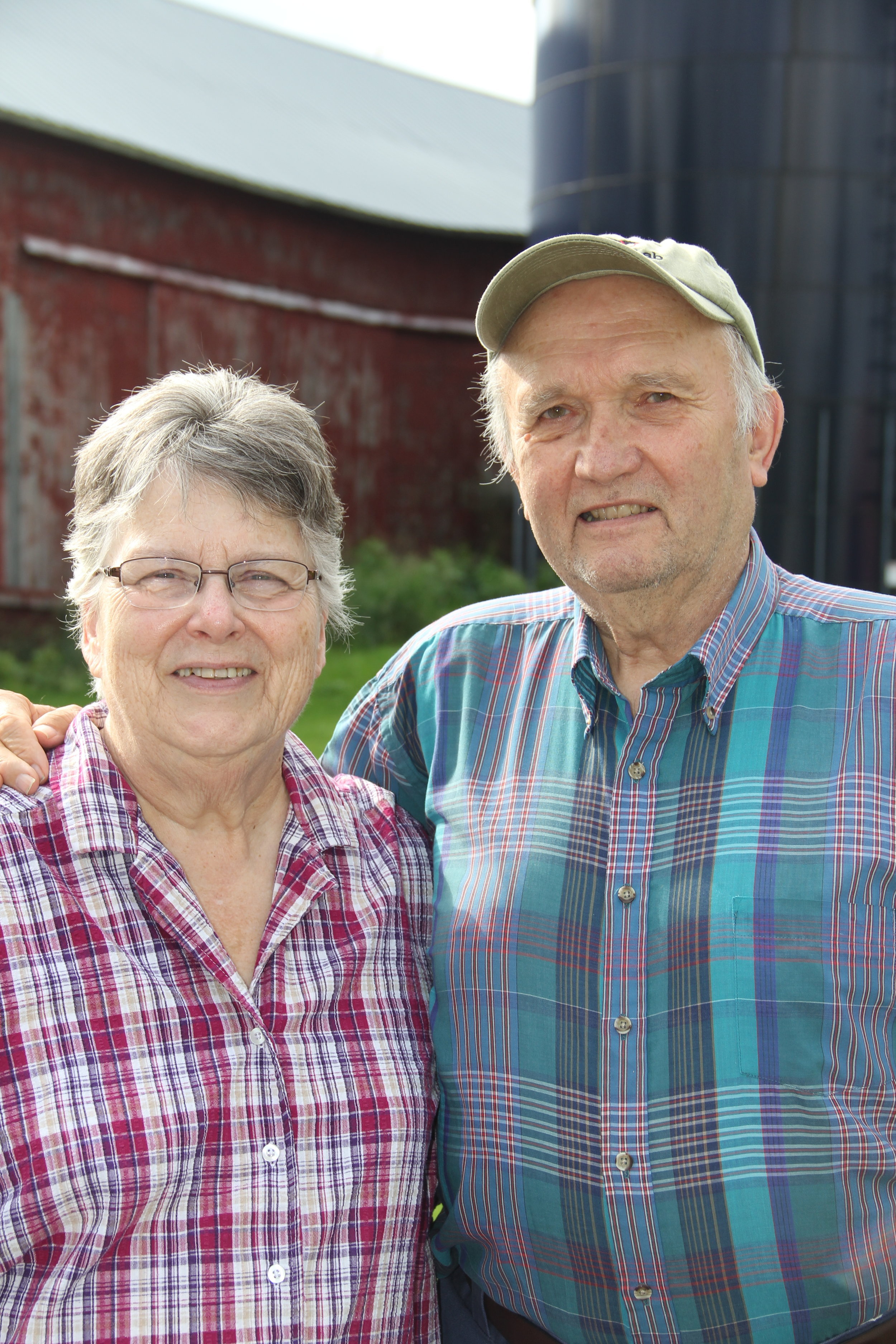I’ve been trying to figure out how to write about snippets of conversations I had with multiple people that for various reasons were not in-depth enough to write up. It occurred to me that, even with short conversations, I can look at each of them to see what I have in common with that person, or what the other person has lived through that is so different from my own life experience.
So, what kinds of life stories have other people shared with me that I have been able to relate to, or that have left me intrigued, envious, or sad? Here are a few.
-At Badlands National Park, a family asked us to take their photo, and it turned out that they have been living in Eureka, the next town over from Arcata, where my brother and sister-in-law live. The young couple and their three small children are in the process of moving to New Jersey for the husband’s job. We, too, moved across the country with young children for a new job, so I could relate to the excitement and anxiety that they must be experiencing.
-One of our Lyft drivers in Boulder, CO was a chef in Maine but grew tired of the seasonal business and wanted something that would keep her busy year-round. She moved to Boulder and was a chef there, but for some reason it didn’t work out. She’s now in real estate and driving a Lyft on the side. I didn’t find out whether she’s enjoying her real estate career or having any success with it, and I couldn’t help but wonder whether she misses being a chef.
-In Hot Springs, SD I was greeted by four friendly teenagers (two hand-holding couples who were high school freshmen) as I was checking the tires on the RV, and I ended up asking them about life in Hot Springs. They all agreed that they feel safe in their town and they like that they can walk everywhere. When I asked about what politics is like in their town, one young man responded, “This town is very Republican. Trump’s done some sketchy things, but he’s great for jobs and for farms, so I would vote for him.” One of the young women said, “I never follow the news. My dad gets mad watching it on TV and turns it off.” Later, I thought about something that I wish I had said to them, along the lines of: “If I can leave you with one request from a stranger, it would be this: Be curious. Learn about what’s going on in the world. And, make sure that you get your information from solid, reliable sources that research facts, not ones that just spout rhetoric.”
-At a campsite in Minnesota, we met a couple traveling across the country from upstate New York to Alaska, with a stop in Oregon first. We chatted about our families, and they had two sons, too, so it was starting to feel like we had some things in common. Then, I learned how different our lives had turned out. One of their sons had fathered a daughter while in high school, and it was clear that their granddaughter, now in high school herself, is a bright light in their lives. They mentioned that her father, who was the older of their two sons, had died of a heroin overdose when she was little. I was in shock and expressed my condolences. Losing a child is something that I cannot imagine going through.
There were more short conversations that didn’t make it into a blog post, and I wish that I had been able to have long conversations with a lot more people, but I hadn’t anticipated how much time would be spent focusing solely on each day’s leg of the bicycle ride or how late in the day we would be arriving at our destinations. I’m grateful for the people I was able to converse with who took the time to tell me their stories.

















